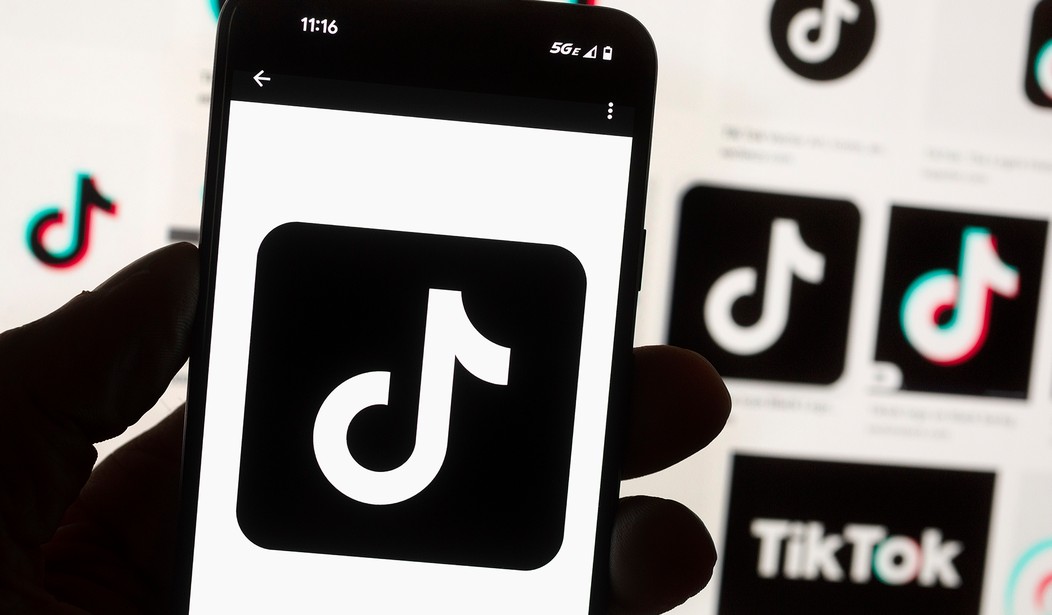President Joe Biden appears to be taking his next run for president seriously. While his hide-in-the-basement strategy worked in the 2020 race, his team seems to realize that 2024 will be a different animal.
According to a recent article published by Axios, President Biden’s administration is reportedly developing a digital strategy that involves the use of a large group of social media influencers to spread information about his policies and agenda.
The initiative is said to be aimed at boosting the president’s online presence and increasing engagement with younger voters who are more likely to consume news and information through social media channels.
The article reports that the administration plans to recruit a diverse group of influencers with a range of different backgrounds and areas of expertise. These influencers will then be tasked with creating content that aligns with the administration’s messaging and sharing it on their respective social media channels.
“Four Biden digital staffers are focused on influencers and independent content creators,” the author writes. “The staffers officially work for the White House, not Biden’s campaign — but reaching young and suburban voters is clearly a priority.”
The article also notes that the initiative is part of a broader effort by the Biden administration to modernize its digital strategy and adapt to the changing landscape of online communication.
While the use of social media influencers is not a new concept in politics, the article suggests that the scale of this initiative is unprecedented. It also raises questions about the potential impact of influencer marketing on political messaging and whether it could lead to a shift in how political campaigns are run in the future.
It makes sense that Biden’s team would consider this strategy given that younger voters overwhelmingly favor Democrats over Republicans. “Young voters (ages 18-29) preferred Biden over Trump by a 26-point margin in 2020, and Democrats over Republicans by 28 points in the 2022 midterms,” Axios notes.
White House Deputy Chief of Staff Jen O’Malley Dillon told the news outlet: “We’re trying to reach young people, but also moms who use different platforms to get information and climate activists and people whose main way of getting information is digital.”
However, it appears Team Biden has its work cut out for it. The article also points out that his followings on social media “don’t “compare with Trump’s, especially on YouTube and Facebook.”
But there is another element to this equation that could work in the president’s favor: The fact that Republicans have been struggling with younger voters for years. The Hill pointed out that “Seventy-seven percent of Generation Z voters said they voted for a Democratic candidate for Congress, compared to only 21 percent who said they voted for a Republican, according to a Pew Research study released late last year.”
When it comes to the issues, younger voters are typically in agreement with the left on topics like abortion, climate change, LGBTQ issues, gun control, and others. John Della Volpe, director of polling at the Harvard Kennedy School Institute of Politics, told The Hill that the issue with the GOP and young voters isn’t messaging, but values.
“Republicans don’t have a messaging problem with younger voters, they have a values problem with younger voters,” he said. “The problem is their values and vision are misaligned and the messengers are not trustworthy currently.”
However, some in the conservative camp argue the opposite.
Karoline Leavitt, a former Republican congressional candidate in New Hampshire, and also a Gen Zer, argued that conservatives need a better messaging strategy. “We don’t need to sacrifice our conservative values to cater to this demographic. What we need to do is hone in on our messaging and be better messengers of these values and beliefs,” she said.
TPUSA’s Isabel Brown echoed Leavitt’s sentiments.
“You can’t win over culture if you’re not willing to go where culture is and the vast, vast majority of our generation is obtaining our news, our opinion commentary, and just all our information dissemination through our social media feeds,” she explained.
It seems to me that this situation bespeaks one of the GOP’s biggest weaknesses: An ability to engage with the culture in a meaningful way. Conservatives have struggled to offer a winning message using cultural institutions like entertainment and academia.
However, they have done a decent job of using digital media to reach a wider audience, which is why Big Tech has been so intent on stifling their voices. If they can figure out a winning strategy for the digital world, along with developing a viable message, there is a chance they could turn this around.
The opinions expressed by contributors are their own and do not necessarily represent the views of RedState.com.













